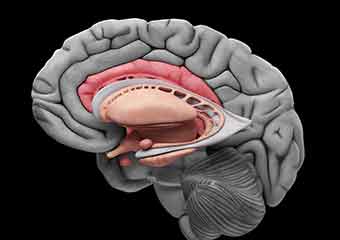Emotional neurocircuitry . . . . . . it’s how the brain is wired for emotions. But in the brain of a person with PTSD, emotional distress could physically (and perhaps even visibly) change the neurocircuitry. In a normal brain, the interaction between the hippocampus and the amygdala is important for processing emotional memory. It’s […]
A Trauma Therapy Program for Children in Conflict Zones
If a single traumatic experience can change a person’s life for years to come, what must an average day be like for someone who faces traumatic events on a routine basis? For people affected by war or natural disaster, where entire populations from infants to the elderly have been exposed to so much suffering, what […]
Epigenetics Might Help Us Predict How the Brain Responds to Threats
If you could predict how well your clients might be able to deal with stress, just based on a blood or saliva sample, would that change your treatment approach? There’s a specific gene that’s been getting a lot of attention lately because it affects how the brain processes serotonin – a chemical created inside the […]
Guided Imagery and PTSD: A Different Approach to Treatment
When I visualize a traditional therapist’s office, and then a military boot camp . . . . . . I come up with two very different images. It might seem obvious to those of us within the helping professions that, in order for treatment to be effective, we need to match the intervention to the […]
Mindfulness: Is it making its way into the mainstream?
At first glance, we might tend to see mindfulness and politics as an unlikely pairing . . . . . . but after my conversation with US Representative Tim Ryan (D-OH) the other night, I was reminded that there is at least one politician in office who makes it seem natural. Not only does he […]




